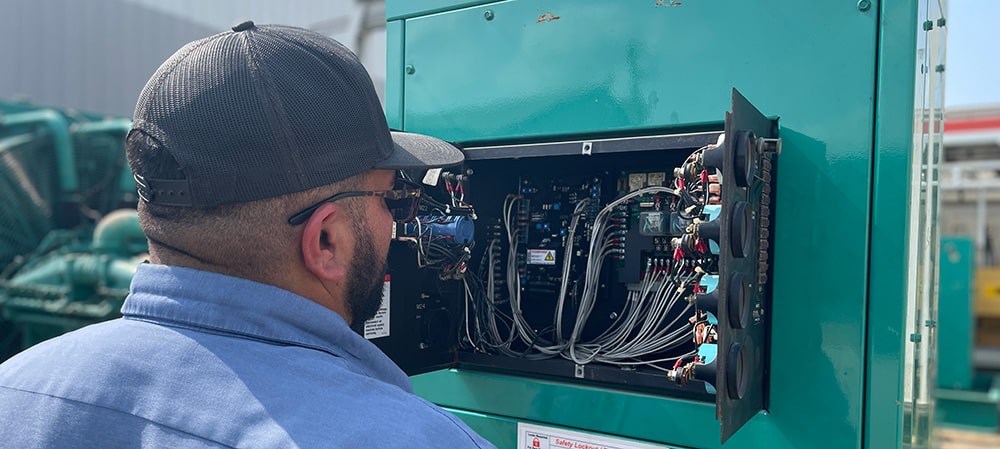Exactly how to Choose the Best Used Engines for Sale for Your Vehicle
Essential Factors To Consider for Making Certain Top Quality and Durability in Used Engines
When taking into consideration the purchase of an utilized engine, ensuring its high quality and longevity needs a multifaceted strategy. Maintenance background is a critical factor, as it offers insight right into the engine's past care and potential future dependability. Performance testing is also important, offering a photo of the engine's functional performance.
Engine History Evaluation
In the world of utilized engines, a thorough engine background assessment is paramount to ensuring quality and reliability. Comprehending an engine's past can provide vital understandings right into its efficiency capacities and possible future durability. A thorough background review includes a number of crucial elements that play a significant role in assessing an engine's condition. Upkeep documents are crucial. Regular maintenance, consisting of oil changes, filter replacements, and set up tune-ups, suggest that the engine has been well-cared-for, reducing the likelihood of unforeseen failings.
Engines that have undergone substantial repairs might have underlying concerns that could resurface. Examining the engine's gas mileage can serve as a sign of wear and tear. An engine used primarily for long-distance freeway driving may be in better problem than one subjected to constant stop-and-go city traffic.
In significance, an extensive examination into an engine's background is necessary for making enlightened investing in decisions. used engines for sale.
Comprehensive Inspection Overview
While comprehending an engine's history gives important context, a thorough evaluation is the following step to guarantee its present condition straightens with historical information. The examination ought to start with a visual evaluation, examining for indications of leaks, deterioration, and unusual wear. Check the outside for oil stains or coolant marks, which might indicate underlying problems.
Following, evaluate the engine's installing system for any loosened bolts or problems that could impact performance. Pay close interest to the condition of belts and pipes, as these elements are crucial for optimal engine functionality. Analyze for splits, fraying, or any indications of wear and tear.

Determining Damage
Acknowledging indicators of damage is important for analyzing an utilized engine's long life and dependability. It includes a precise exam of different engine elements to determine their existing state and prospective future performance. Common indicators include noticeable rust, which can influence steel parts and endanger structural honesty. Corrosion on or around the engine block, cylinder heads, and exhaust manifolds is especially concerning.
One more essential aspect is examining the engine's seals and gaskets. Additionally, irregular sounds during engine operation, such as knocking or ticking sounds, might indicate inner damage or too much wear on moving components like pistons or bearings.
The problem of belts and hose pipes is just as vital, as they play an important function in the engine's total function. Broken or torn belts and fragile hose pipes are indicators old that could result in engine failing if ignored. Lastly, checking out the oil condition and filter can provide insights right into previous maintenance methods, browse around this site as dirty oil or blocked filters suggest forget and sped up wear.
Efficiency Screening Fundamentals
Assessing the damage of engine components sets the stage for a thorough evaluation with efficiency testing. Performance screening works as an important measure in determining the operational stability of a used engine. By simulating real-world conditions, it assesses the engine's capacity to deliver power successfully and reliably. Key metrics include horsepower, torque, fuel effectiveness, and emissions degrees. This data Visit Your URL gives beneficial understandings right into the engine's current efficiency and helps recognize possible issues that may not be instantly noticeable.
Using dynamometers is a typical approach in performance testing. These tools determine the engine's output throughout different problems, using a detailed profile of its capability. Furthermore, on-road testing matches dynamometer assessments by observing engine actions under common driving scenarios, ensuring it fulfills the called for standards for both safety and effectiveness.
These tools analyze engine administration systems, recognizing faults in electronic elements that can impact efficiency. Comprehensive screening not just confirms the engine's operational status yet additionally aids in projecting future maintenance demands.
Upkeep and Treatment Tips
Correct upkeep and care are vital to lengthening the life-span of a used engine and guaranteeing its regular performance. Routine oil modifications are extremely important; making use of the producer's recommended oil type and grade can stop excessive damage. Furthermore, oil filters need to be changed concurrently to keep ideal lubrication and tidiness within the engine.
Keeping track of fluid degrees, including coolant, transmission liquid, and brake fluid, is essential. Making certain these fluids go to ideal levels aids stop overheating and other mechanical concerns. Evaluating belts and pipes for indications of wear, such as cracks or fraying, can avoid prospective failures that might cause expensive repair work.
Regular examination of the air filter is also required, as a tidy filter makes certain effective air movement and burning, thus optimizing engine efficiency. Spark plugs must be checked and changed when required to maintain effective gas combustion and protect against engine misfires.
Lastly, routine analysis checks using expert devices can identify prospective issues before they end up being substantial problems. By adhering to these go to the website maintenance and care ideas, made use of engine owners can ensure their engines stay trustworthy, efficient, and capable of doing more than an extensive period.
Conclusion
